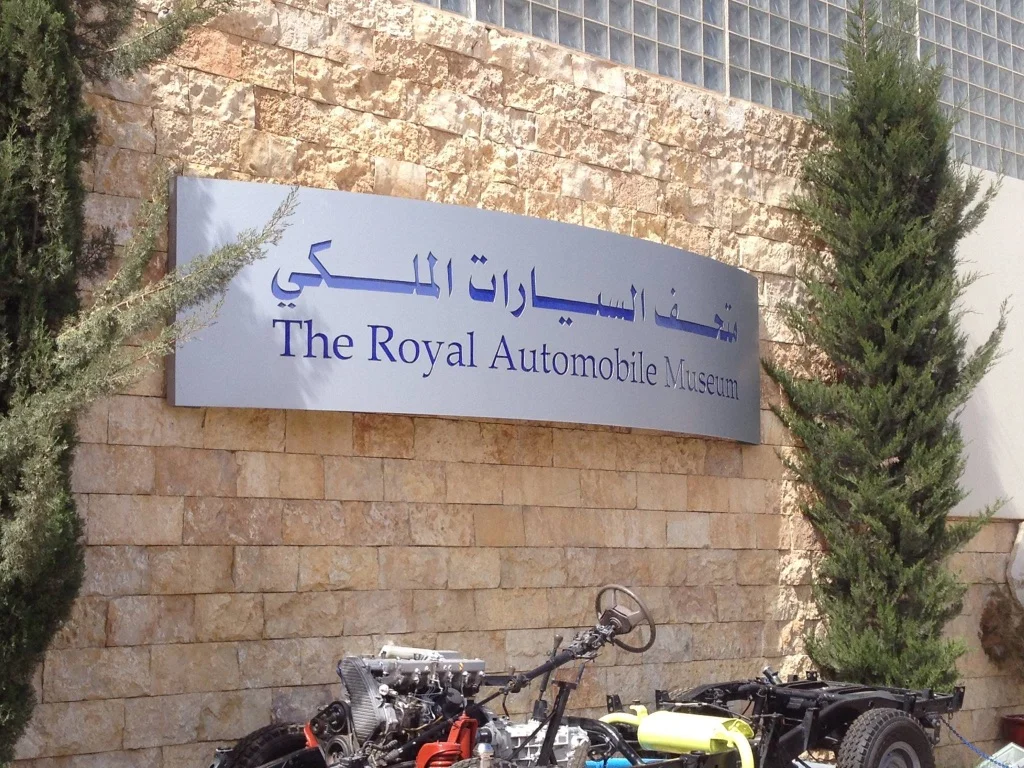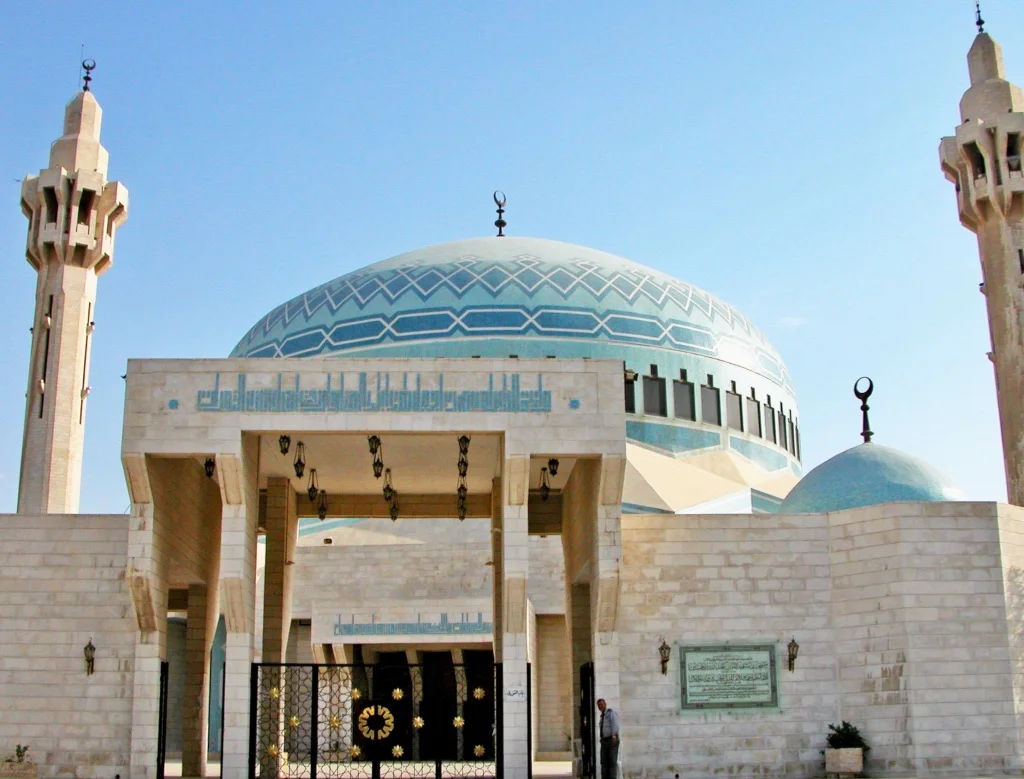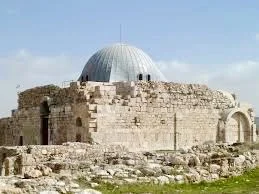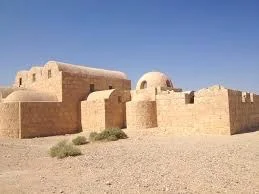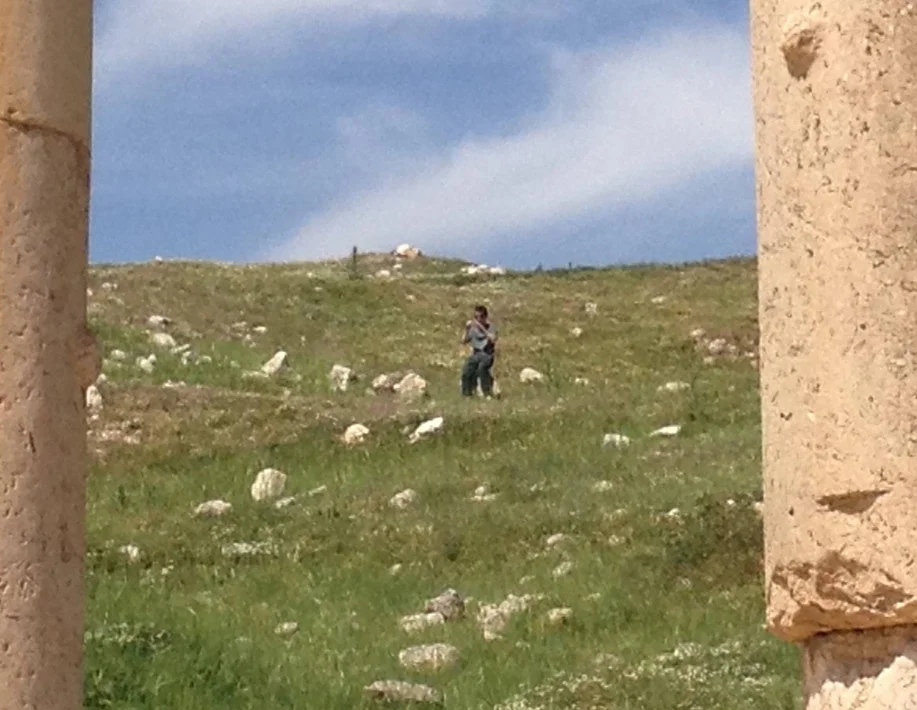WHAT TO DO IN JORDAN IN FOUR TO FIVE DAYS
Jordan is an Arab kingdom situated in the northwest part of Asia and borders with: Saudi Arabia to the east and south; Iraq to the north east; Syria to the north; and Israel, Palestine and the Dead Sea to the west. Referred to as The Hashemite Kingdom of Jordan, the country is strategically located at the crossroads of Asia, Europe and Africa. It has a total population of almost 10 million people and a total area of almost 90,000 km2.
The capital, Amman, is the most populous city in the country with a total population of just over 4 million people and a total area of 1,680km2. Located in north-central Jordan, Amman is the country’s political, economic, and cultural centre and is considered one of the most liberal and westernised Arab cities in the region.
Jordan is very rich with history dating back to the Paleolithic period. It is defined by ancient monuments, nature reserves and seaside resorts. Given many of the sites are scattered all over the country, my sons and I decided to spend two nights by the Dead Sea, which allowed us to visit many of the sites outside the capital by car. The remaining two nights we stayed with our wonderful host, Dr Hana Kanan, at her residence in central Amman. Jordan is a fascinating country and I definitely would like to return one day.
As mentioned earlier, where Jordan is today date back to the Paleolithic period about 250,000 years ago. The eastern part of Jordan has evidence of “human huts” from 20,000 years back. Prehistoric period halted around 2000 BC when Semitic nomads, the Amorites, began to populate the region, leading to the presence of several ancient tribal kingdoms during the Bronze and Iron Ages. These Transjordanian kingdoms were in constant conflict and confrontations with their neighbouring Hebrew kingdoms. The kingdoms in the area passed through the control of several empires, from the Akkadian Empire during 2325-2193 BC all the way to the Achaemenid Empire during 539-332 BC. Afterwards, Alexander the Great took over and introduced the Hellenistic culture in the region. Upon his death in 323 BC, his empire was split between the Ptolemies of Egypt and Seleucids of Syria. The nomadic Arabs of the Nabataeans also ruled parts of the southern and eastern regions.
After the Greeks came and founded several new cities in Jordan including Amman and Jerash, the Romans under Pompey took over and conquered the region for centuries, followed by the Byzantine and Sassanian Empires. The Islamic era started when the Muslims from Saudi Arabia took control of the region in 636 at the Battle of Yarmouk, north of Jordan. It is then that the region became Arab-speaking. The Ummayad took control in 661 to 750, followed by the Abbasid and the Fatimids. By 1115 the Crusaders were ruling the area until 1189, followed by the Ayyubids until 1260, and then by the Malmuks until 1516. The Ottomans took over during the next centuries, where the Wahhabis and Egyptians also gained short-lived control in between. The Arab Revolt took place in 1916 which ended the Ottoman rule.
In 1922, the Council of the League of Nations recognised Transjordan as a state under the British Mandate for Palestine, which excluded the eastern territories of the Jordan River due to the Jewish settlement. In 1946, Jordan became independent and was named The Hashemite Kingdom of Transjordan and the ruling Emir was proclaimed King. It changed its name to Jordan in 1949.
During the mid 20th century, the country became embroiled in several territorial wars and disputes, including: the invasion of Palestine; the Arab-Israeli War; and the Yom Kippur War in 1973. The following year, Jordan together with the Arab nations recognised PLO and by 1988 it renounced its claims to the West Bank. In 1991 at the Madrid Conference, Jordan agreed to negotiate a peace treaty with Israel which was eventually signed in 1994.
Today, Jordan is considered one of the safest and most liberal countries in the Arab region. The kingdom is currently ruled by the British-educated King Abdullah I and his wife Queen Rania, who did her studies at the American University in Cairo.
Recommended Airlines
From UK/Europe: British, Lufthansa, Air France, Royal Jordanian, and Easyjet.
Others: Emirates, Qatar and Turkish.
Airports
Queen Alia International Airport, King Hussein International Airport and Aqaba Airport.
Public Transportation
Buses and Taxis.
Recommended Hotels
a. Dead Sea: Kempinski Ishtar, Crowne Plaza Resort & Spa, Holiday Inn Resort, Valley Marriott Resort & Spa, Movenpick Resort & Spa, Ramada Resort & Spa and Hilton Resort & Spa.
b. Petra: La Maison, Petra Palace, Movenpick Resort and Petra Marriott.
Amman: Kempinski, Grand Hyatt, InterContinental, Four Seasons, Le Meridien, La Locanda Boutique, Le Royal, Marriott and Ibis.
Recommended Restaurants (Amman)
Fakhreldin, Levant, Sufra, Abu Jbara, Kababji, La Maison Verte, Lucca Steak House and Il Terazzo.
Recommended Wear
Summers in Jordan can be very hot, but during the winter time it could get quite cold- make sure you bring a jumper and/or jacket. For women, I recommend you bring a scarf or head wear if you plan to visit mosques and churches. Bring walking(closed) shoes, especially when you visit Petra, Wadi Rum and Mount Nebo. Lastly, don’t forget to bring your swimwear for a plunge in the Dead Sea!
A special thank you needs to be mentioned to our wonderful host, Dr Hana Kanan, who showed us her kind and generous Jordanian hospitality while we were staying at her lovely home in Amman.
Places . . .
Recommended Places to Go . . .
Featured . . .

